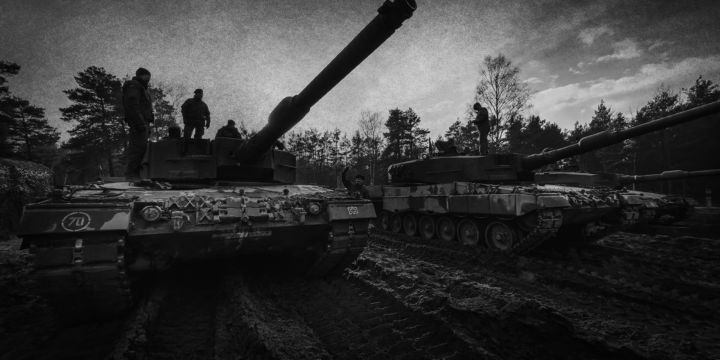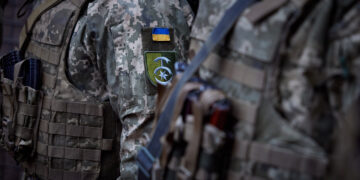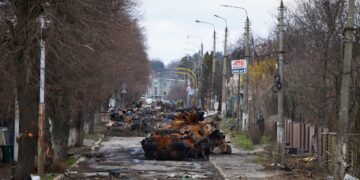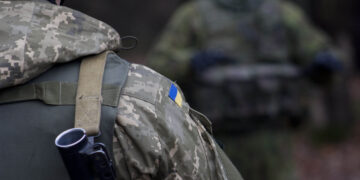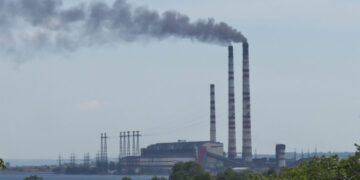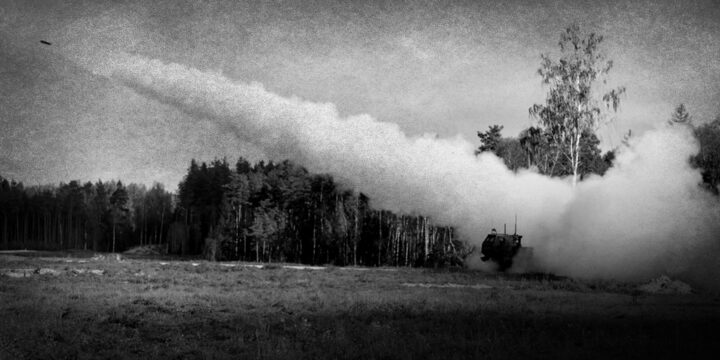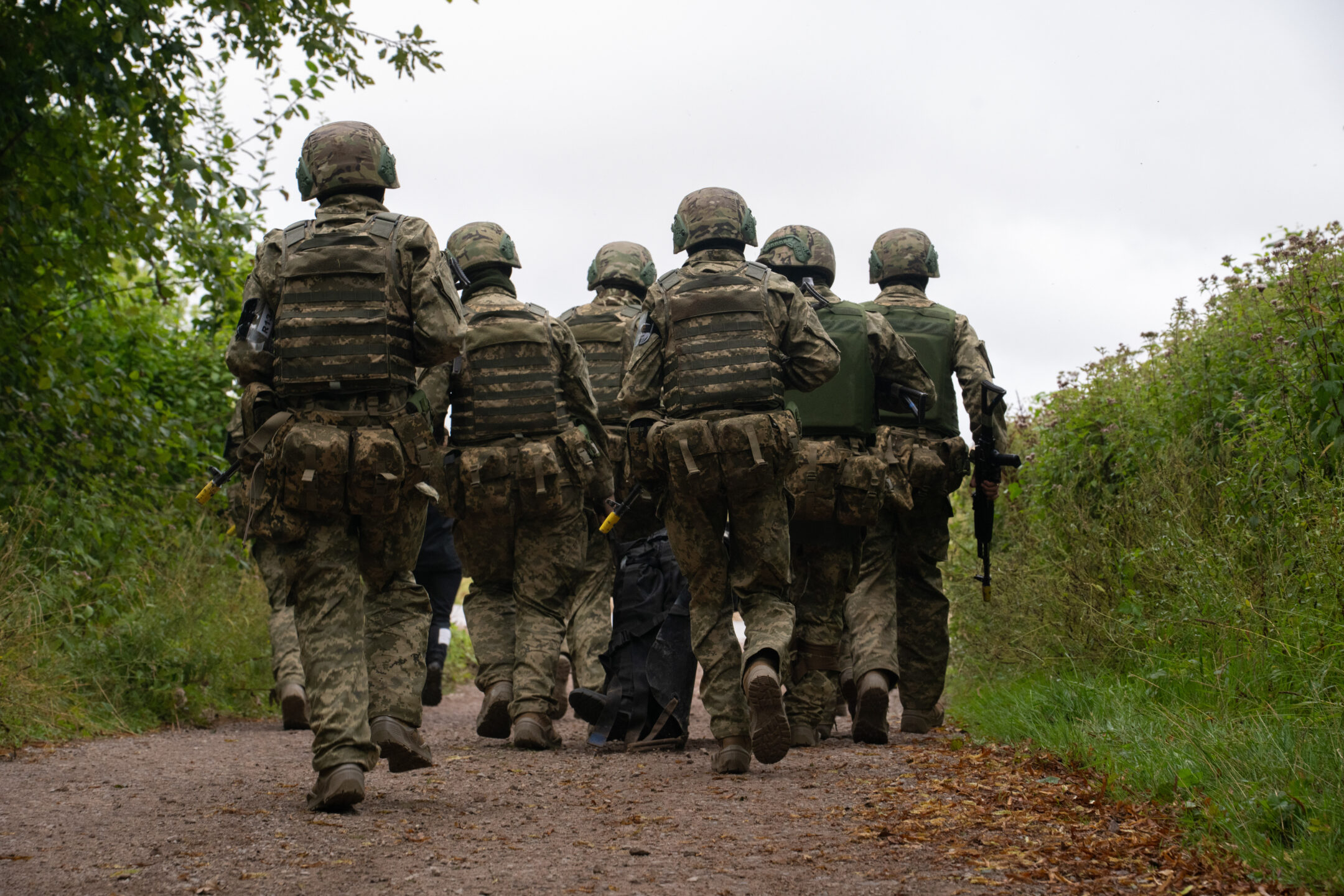
Newly minted Defense Secretary Pete Hegseth was being honest with Ukraine when he said the country will not return to its pre-2014 borders anytime soon. The same goes for his statements that Kyiv should not expect NATO membership as part of an agreement to end the war with Russia, and that the United States cannot be expected to shoulder the burden of supporting Ukraine going forward.
These were harsh realities for Ukrainians to hear, perhaps—but they are realities nonetheless. Hegseth’s candor is to be welcomed. But while the secretary of defense has gone a long way toward articulating a more realistic policy on Ukraine, it is important that one false hope is not exchanged for another.
In particular, President Donald Trump’s team should clarify what Hegseth meant when he said that “robust security guarantees” will be needed “to ensure that the war will not begin again.” To state the obvious: security is a hard thing to guarantee. It almost always requires the threat or use of force. But who will use force to uphold Ukraine’s postwar borders?
Hegseth seems to have accepted the inevitability of “peacekeepers” being tasked with implementing a future peace agreement. If true, however, this would be a concerning development. To be sure, Hegseth appeared to rule out U.S. participation in any peacekeeping force and rejected a role for NATO’s alliance structures. Instead, he referenced “capable European and non-European troops” as candidates for guaranteeing Ukraine’s postwar borders.
Events on Europe and Eurasia
